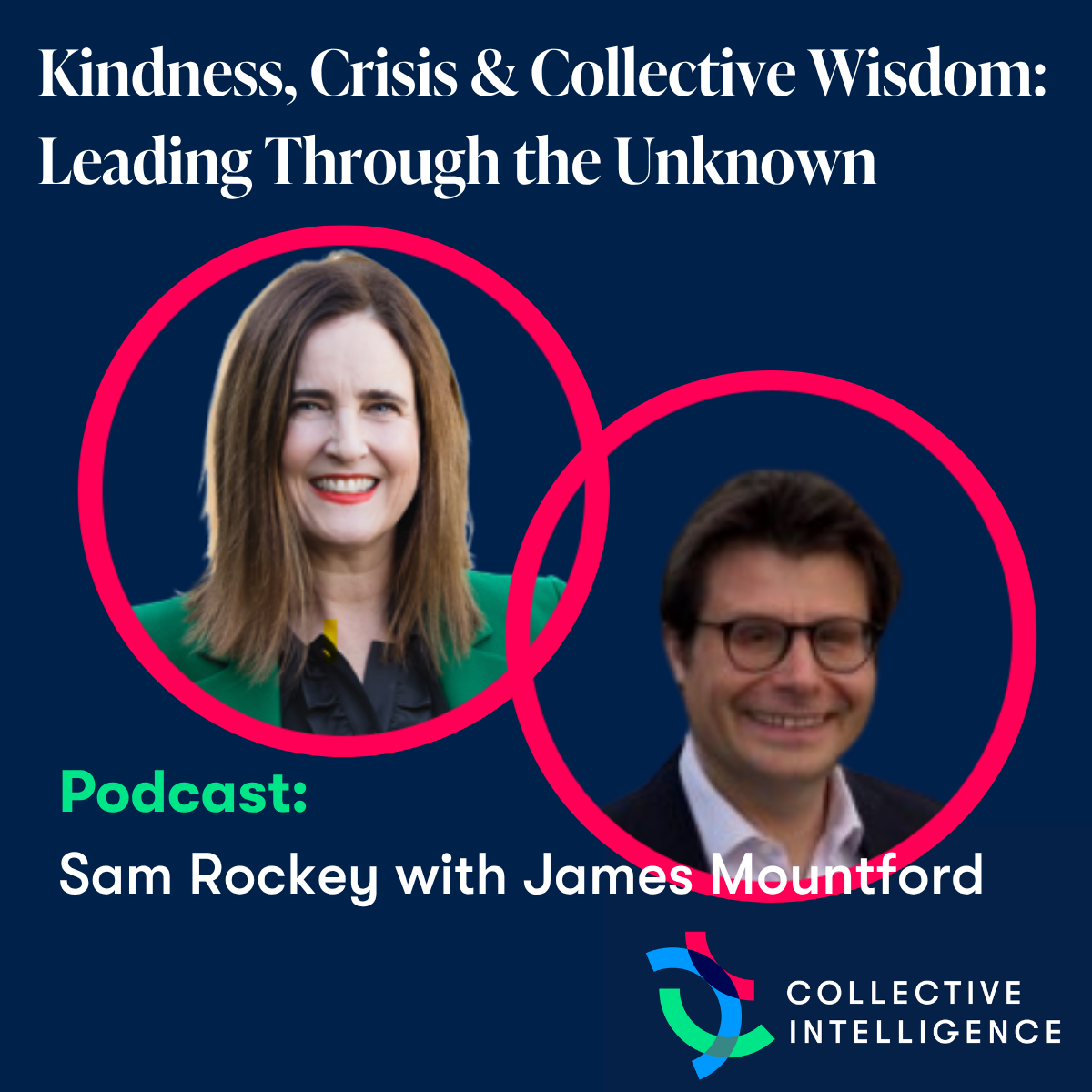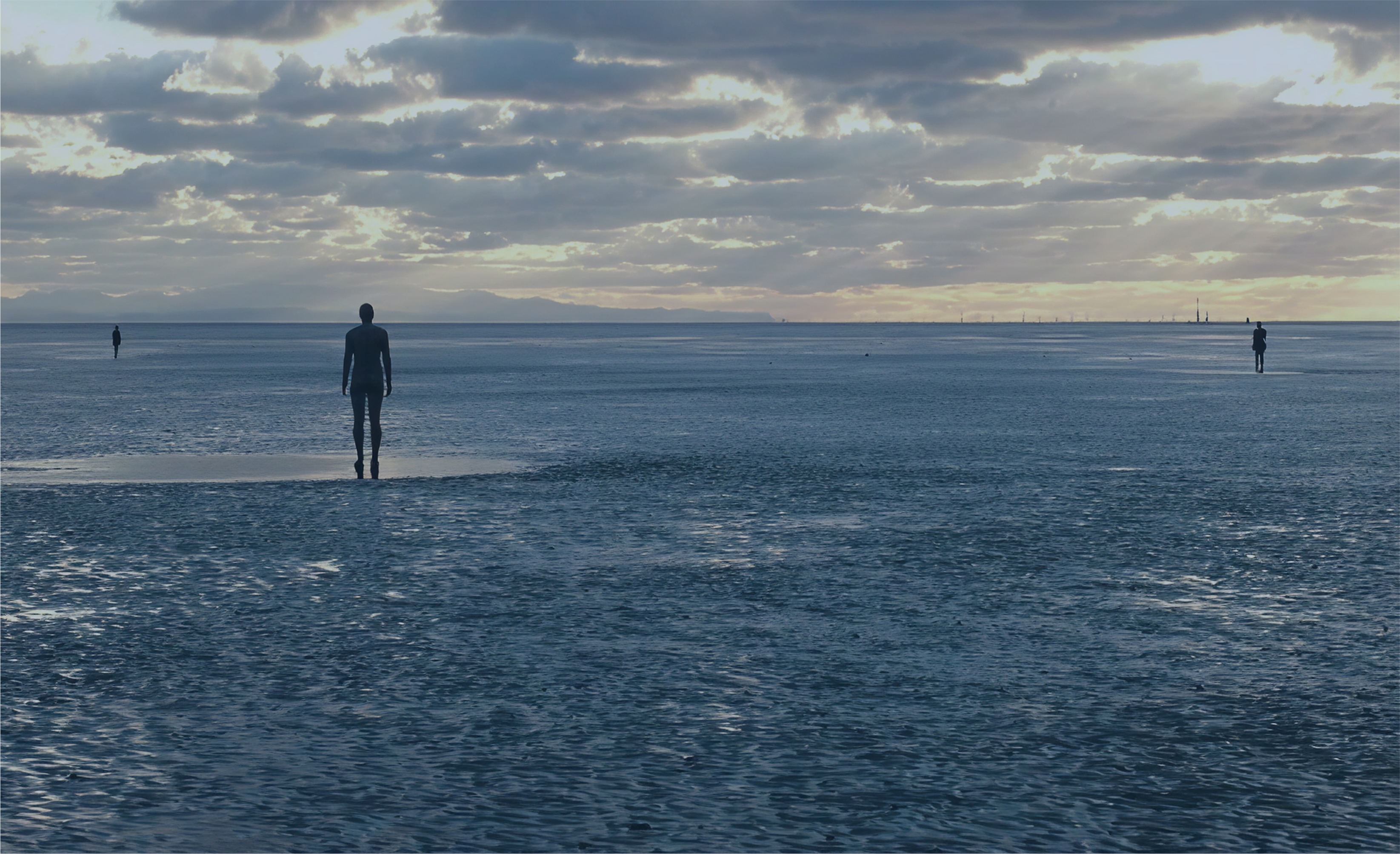When dealing with a crisis, stopping and reflecting can feel like the last thing you should do. One of our clients, Asahi Breweries Europe Group, has done exactly that. They had committed, over the last few years, to becoming a learning organisation. This has been spearheaded by CEO Paolo Lanzarotti, HR Director Catherine Sinclair and Head of Talent & Development Geraldine Percival. In a learning organisation, anything can be a stimulus for learning and the COVID pandemic was too rich an opportunity to miss.
We worked with them to interview senior leaders, help summarise the learning, and identify opportunities to build on what they had done during this intense and challenging period. Whilst the work was for our client, it has also provided a rich opportunity for us to better understand how learning organisations navigate storms.
Here are five of the lessons we have learned: Don’t wait for the ‘end’ There is peace even in the storm (Vincent van Gogh) In the early stage of the pandemic it was tempting, and indeed necessary, for leaders to put their heads down, press on, and react quickly as the world changed around them. As the covid-19 crisis runs on it is becoming clearer to more of us that waiting for a ‘end’ to reassess and rebuild is no longer viable. We began this piece of work amidst the crisis, in the trough of the ‘first wave’. The leaders we spoke to were clear that this was a period of reflection amidst an ongoing crisis. It was an opportunity to stop and articulate some of the changes that they had felt. As Europe heads toward a second peak, the decision to learn amidst the crisis seems even wiser. COVID aside, there is no ‘end’ to disruption, uncertainty, and change. There are merely periods of relative calm, and these periods are windows of opportunity. Slowing down and taking stock of where we have been, and what we have learned, should be an ongoing practice.
Be brave and open
Our client could have very easily canvassed the opinion of leaders themselves. They have talented and empathetic HR teams. By bringing in a known outsider, and by reporting back anonymously, they expressed and openness to the positive and the negative, to what worked and what didn’t, to things to continue and things that they need to stop.
Psychologically safe environments, in which people can challenge and criticise without fear of recrimination, enable growth. The willingness, as our client demonstrated, to do this in the most challenging of business environments, will have impact beyond this crisis.
Seek stories and experiences and not just numbers. We are not all in the same boat. We are in the same storm (Damian Barr)
The discussions with leaders were an opportunity for them to tell their stories and to share their experiences. They shared different ways of working, new priorities, and challenges: greater agility, a deeper focus on wellbeing, the challenge of collaborating and experimenting virtually. Amidst a commercially challenging situation, where data and numbers were being watched closely, the personal experience was elevated. This was reflected in the way that teams worked as they were forced, like many organisations around the world, to move most of their workforce online, almost overnight. Paradoxically, being physically apart seemed to open the door to more personal conversations, and a greater openness to both the logistical and emotional impacts of sudden shifts and disruption to working lives. Not only this but is has enabled the sharing of ways of working across the business, challenged narratives about their ability and agility to change, that will have ripples long after these conversations.
Designing the future
Reflective conversation is not an academic exercise. In the words of Peter Senge, author of The Fifth Discipline, and in keeping with the language of storms, if we think of organisations as a ship, leaders are often positioned in the role of the captain or maybe the navigator. However, in his words: “No one has a more sweeping influence over a ship than the designer. What good does it do for the captain to say, ‘turn starboard 30 degrees’ when the designer has built a rudder that will turn only to port, or that takes six hours to turn to starboard? It’s fruitless to be the leader in an organisation that is poorly designed.” From this perspective, leaders are always engaged in a design process, yet rarely have the time to reflect on how things are and how things need to be to navigate into a future that is, in the words of Margaret Heffernan, uncharted.
Experiment, with purpose “The only way to make sense out of change is to plunge into it, move with it, and join the dance.” (Alan Watts, philosopher) As Senge points out, organisations are not ships, “we are participants in the system not outsiders, and you do not redesign a living system as you would redesign an automobile”.
The output of this work is a ‘menu’ of experiments that draw on the leaders’ learning. In such an intense period, and having identified many positive changes, as well as multiple future challenges, there are far too many to take on. Leaders, therefore, need to revisit the purpose of their business, their teams, and themselves to decide what to focus their limited time and attention on. But this is balanced by an orientation to action and a willingness to learn through doing, through design sprints, behaviour changes, and simply developing new habits. Whilst learning is a complex and sometimes messy process, we think these five lessons will become even more relevant as organisations and their leaders manage through and beyond the COVID crisis. Gavin Weeks.
For more information on Asahi Breweries Europe Group https://www.asahibreweries.eu/about-us/management/



















.jpg)




















.png)




























.png)



























.png)







